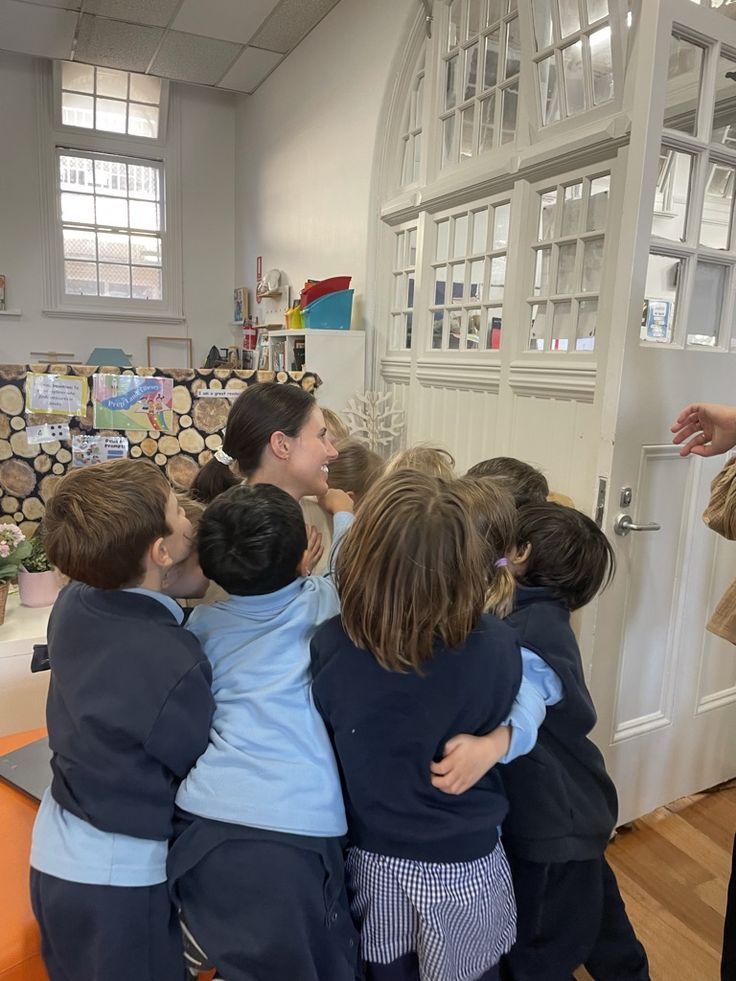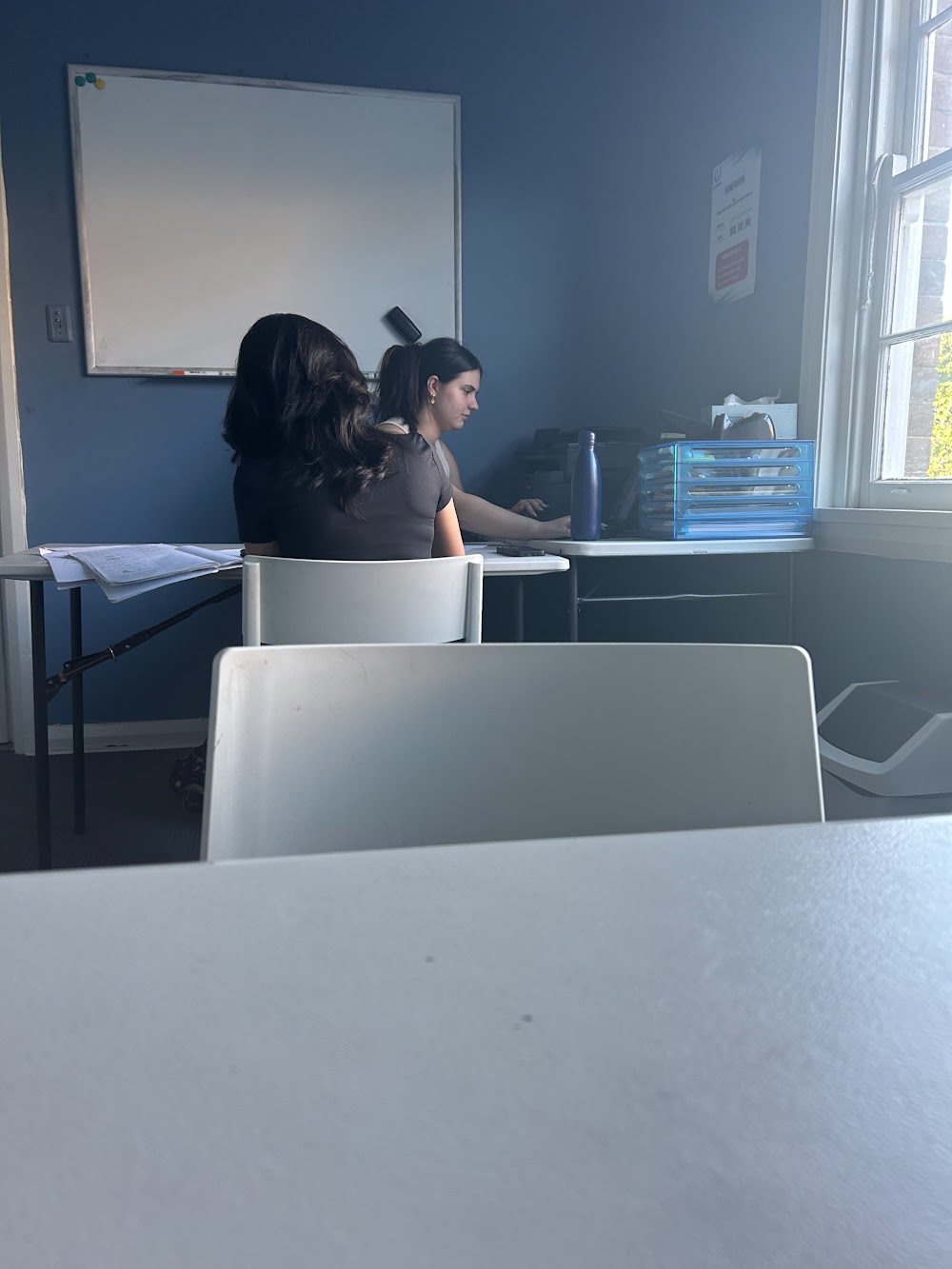
Tutoring students with dyslexia requires patience, intentional planning, and a strong understanding of how dyslexic learners process information. Dyslexia does not reflect a lack of intelligence; rather, it affects the way the brain recognizes and manipulates language. Because of this, effective tutoring must center on structured, multi-sensory techniques that help students connect sounds, letters, and meaning in a clear and engaging way.
A successful approach begins with explicit, systematic instruction in phonological awareness. Breaking words down into sounds, practicing blending, and reinforcing spelling patterns can help students develop the foundational skills needed for reading fluency. Multi-sensory methods—such as tracing letters in sand, using magnetic tiles, or speaking sounds aloud while writing—activate multiple parts of the brain and increase retention. These techniques allow students to anchor abstract language concepts in concrete experiences.
Equally important is pacing and repetition. Students with dyslexia often need more time to master concepts, so a tutor should introduce skills gradually, review them consistently, and celebrate progress along the way. Creating a predictable lesson structure can reduce anxiety and help students feel more in control of their learning. Positive reinforcement builds confidence, which is especially important for learners who may have experienced frustration or discouragement in traditional classroom settings.
Tutors should also emphasize comprehension and strengths beyond decoding. Many students with dyslexia excel in creativity, problem-solving, and verbal reasoning. Incorporating their interests into reading selections or writing prompts can enhance engagement and reinforce a growth mindset. Collaboration with parents and teachers ensures that tutoring strategies align with classroom expectations and provide consistent support.
Ultimately, tutoring a student with dyslexia means teaching with empathy, flexibility, and evidence-based methods. When students feel understood and supported, they are more willing to take risks, practice new skills, and develop the literacy tools they need to thrive.
Angelique Lambrinos








